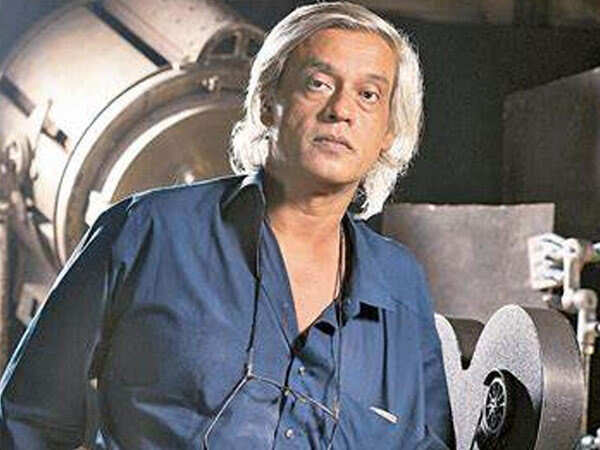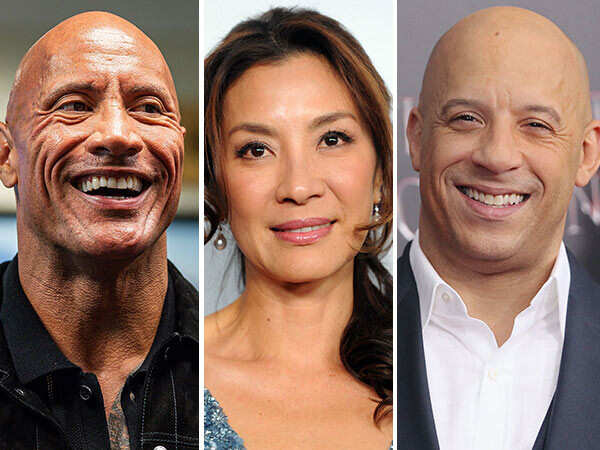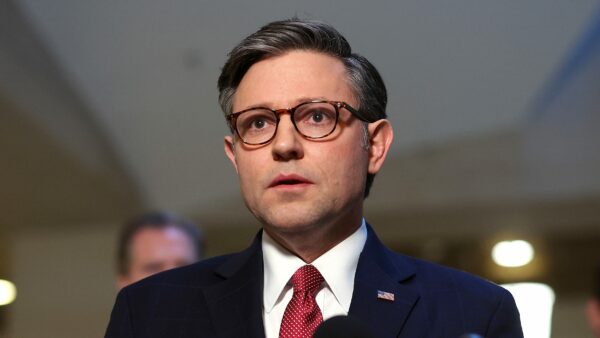Exclusive: Govt should give a 5-year tax break to cinema – Sudhir Mishra
5 min read
Filmmaker Sudhir Mishra is never one to shy away from speaking his mind – whether in his personal life or through his films. He believes that every film should carry the distinct mark of its creator, without which it is not a film. His work spanning from films such as Hazaaron Khwaishein Aisi (2003), Dharavi (1992) to his recent series, Tanaav (Season 2) has always reflected his personal ideologies. In an exclusive conversation with Filmfare, he sheds light on how he ensures fairness while navigating controversial subjects like Kashmir, the responsibility of a filmmaker and the evolving nature of cinema. Excerpts:
Tanaav deals with a very sensitive topic. What was your approach towards a sensitive issue and how do you ensure that a proper balance is maintained in the narrative?
It’s very simple. I approach everything with a balance, not just a sensitive subject. For me everything is a sensitive subject. If you follow the Dharma of storytelling it tells you that you can’t be sensationalist, you have to balance all the characters, you have to see all perspectives and you must have a point of view. And besides that, I have to delve into complexities that make you smell the place and the land where the story is based. If you are not a sensationalist, you are not going to affect my view.
So are you also concerned about facing any sort of backlash while dealing with…
Yes, and they go away, I mean in the sense that somebody can get offended at anything that you do. Some people are offended by equality. People should not say that something is offensive in court. They should say, ‘I am offended.’ And if you are offended then what can I do? I didn’t intend to. But some other people may not find it offensive. They might find it very deep, good or educative. You can’t do anything about somebody who is sitting around wanting to get offended. But my intention is to show you all points of view on a situation while sort of indicating which side I am on. But that doesn’t mean that I will not tell you all points of view. I was shooting Tanaav Season 2 in Kashmir and everybody there had seen the first season. I didn’t meet anyone who was badly affected. So I think we succeeded in telling a story.
You have produced a lot of political stories. Why do you gravitate towards these subjects and does your personal stance get reflected in your creations?
If the filmmaker is not present in his work then it is not a film, it is a reportage.
The difference between a reportage and a film is that you are present. You can see the filmmaker. You can see their way of looking. If there is no way of looking, then it is not a film. I am political. Everybody is just political. If somebody thinks he is not political, he is lying. Some people think that women should only be ‘bahus’, even they are political. It’s another kind of politics. When we say political, we normally mean are you radical? I am a filmmaker. That’s all I will say. I am a filmmaker and I follow the dharma of storytelling.
Where does the responsibility of a filmmaker lie while dealing with important & sensitive subjects, such as Kashmir?
You can’t be factually incorrect. You have to know the subject of it. You cannot make wild statements. You cannot pretend to know everything. That’s the responsibility of the filmmaker. The filmmaker indicates that I am on this side and they work with that view.
Do you think that oftentimes propaganda is also passed off as fact or history?
Often. But what can we do? Sometimes people pass off propaganda as fact. When you tell a lie as a truth and say it is the absolute truth then it is propaganda no matter which side you are on. Every good work should lead you to a question and not to answer.
What would you say is your definition of nationality and patriotism?
I love my country, otherwise I wouldn’t be here. And you are critical sometimes of people you love but you have the right to do it because this is yours. That’s my view. It doesn’t mean that somebody can slam me just because I’m critical.
Do you think that the current generation of filmmakers have stopped taking risks?
I don’t think so. I think the younger filmmakers are coming back. And I think today lots of women are making films and making great films. The future is good in filmmaking.
You have you seen the landscape of Indian cinema change over the years with OTT and the digital space becoming so important…
Well, it’s good. Everything changes and nothing remains static. Like your DVD is always on the shelf and after pressing a button, anybody can see the film at any point. You can discover it after 10 years and keep coming to it. OTT is similar. It gives a platform for long-term discovery of your film. If you tell long stories, then it also allows you to delve deeper. Now, does it stop the theatrical? I don’t know, because we are at the cusp of emerging technology. Tomorrow, Netflix can own 10,000 theatres, and their films can be directly shown on the theatre or you can see it at home.
Can we predict what kind of films will work at the box office currently? Is there any formula?
No, there never was a formula. But in one sense, films that make you feel good at the end work better than films that don’t.
Films that are fairytales – like a bad advertisement where you put on a cream, you become fair and the girl walks towards you. That kind of bullshit people like more than stories which are difficult to digest. That you can’t help. People like fairytales.
Is there a particular film of yours that holds a really special place in your heart?
I think Dharavi is an interesting film. It represents the time when I became a filmmaker.
Currently, who do you think is the most promising filmmaker?
Anurag Kashyap is now a senior filmmaker, so I can’t talk about him that much. Rahi (Rahi Anil Barve), who made Tumbbad is a very good filmmaker. Avinash Arun, Anubhav Sinha, Vishal Bhardwaj, Jijo who is a Malayali filmmaker, all these guys are damn good, too.
There is great talent in India but leadership is important. I think the government should declare cinema to be free of any tax. It’s a public showroom. Theatres should be open. Young people should be free to conceive. It should be at a minimum cost.
Do you think that will bring more people to theatre?
I think so. Because people who come into a theatre are not doing anything wrong. The government should give a five-year tax break to cinema. It will also give a lot of young people opportunity to make a film. People will be able to invest in cinema, younger people will get money and you can see an explosion of talent.
Filmmaker Sudhir Mishra talks about Tanaav, truth, propaganda and more. Continue reading …Read More






